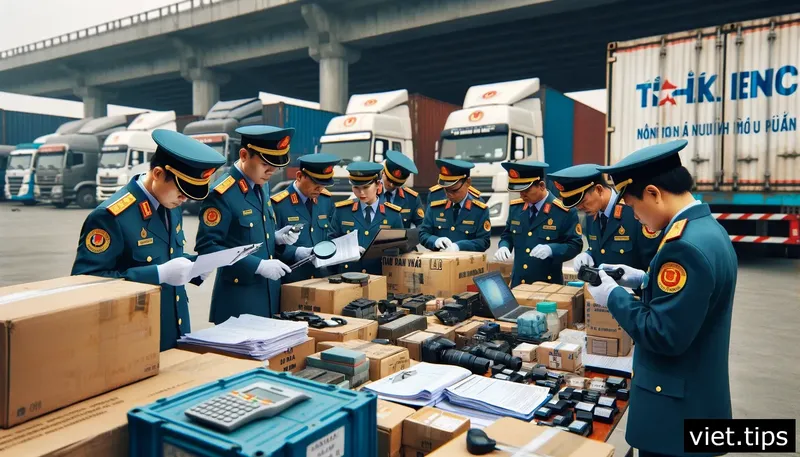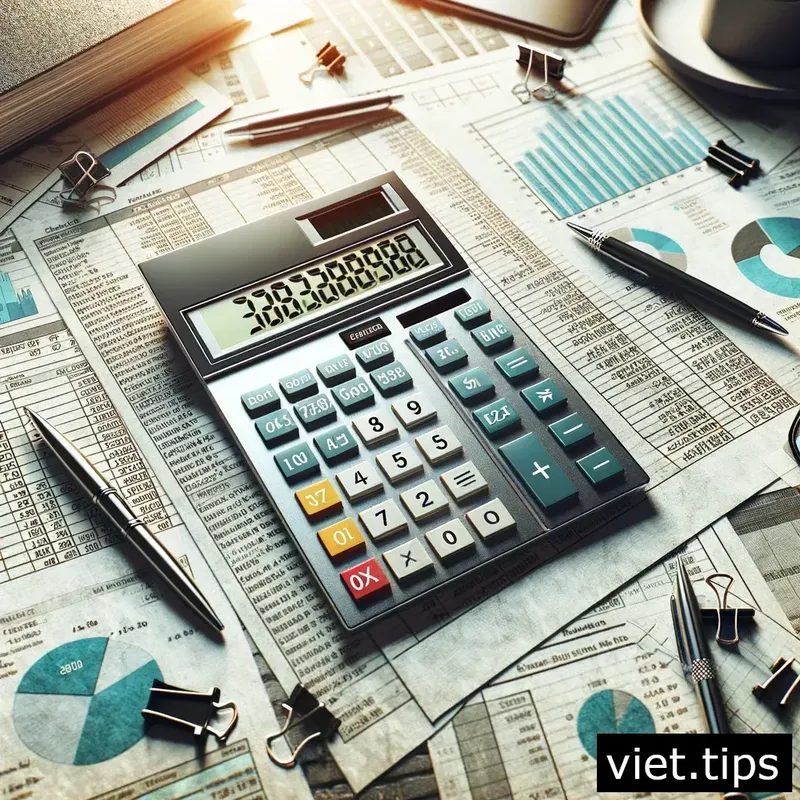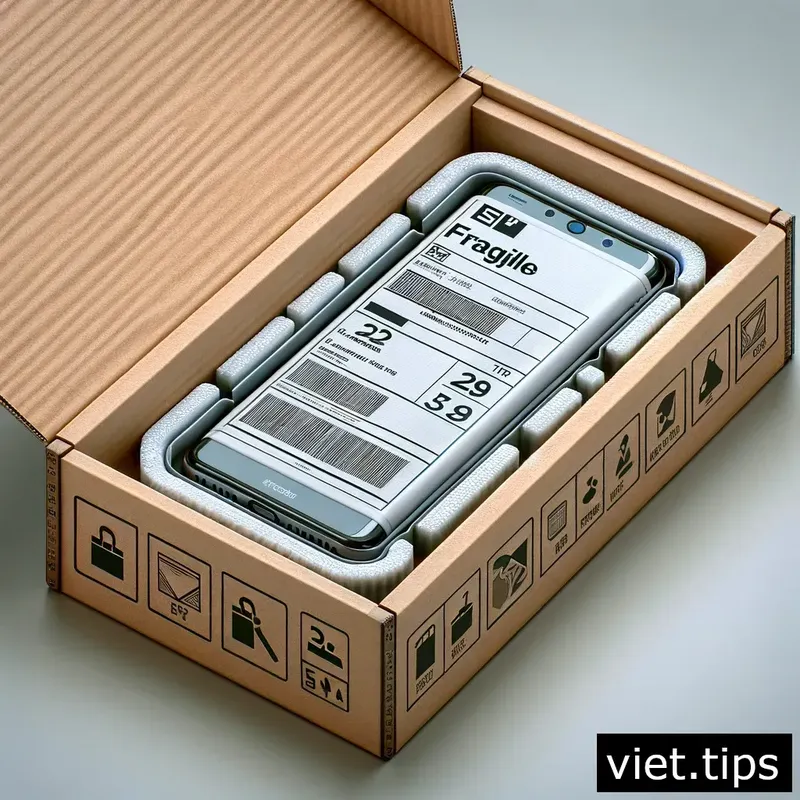Welcome to our in-depth guide tailored for individuals and businesses interested in navigating the complexities of importing secondhand phones into Vietnam. This niche market holds lucrative potential but comes with its own set of regulations and financial considerations. Whether you’re looking to start a business in this sector or simply want to bring in used phones for resale or personal use, understanding the legal framework and associated costs is crucial. Let’s dive into the essential details to ensure a seamless import process.
Understanding Vietnam’s Import Regulations for Secondhand Phones
Vietnam has stringent regulations when it comes to importing used electronics, including secondhand phones. The Vietnamese government aims to ensure that imported used electronics meet specific safety and environmental standards. Prior to considering the importation of secondhand phones, one must familiarize themselves with the latest directives from the Ministry of Information and Communications and the Ministry of Industry and Trade.

Key regulations include:
- Obtaining a permit for the import of used electronic goods.
- Ensuring the phones meet the minimum technical standards set by Vietnamese authorities.
- Compliance with environmental regulations regarding electronic waste.
- Payment of import duties, VAT, and other applicable taxes.
Costs Associated with Importing Secondhand Phones
Several costs are involved in the importation process, which can impact the overall viability of your venture. Apart from the initial procurement costs of the secondhand phones, potential importers must account for:
- Import Duties: Vietnam imposes import duties on secondhand electronics, which vary based on the product’s value and category.
- Value-Added Tax (VAT): Imported goods are subject to VAT. For electronic items like used phones, the VAT rate in Vietnam can significantly affect your cost structure.
- Environmental Taxes: To combat electronic waste, Vietnam levies environmental taxes on the import of used electronics.
- Inspection Fees: Mandatory inspections to ensure compliance with Vietnamese standards can incur additional costs.

It’s advisable to conduct a thorough cost analysis, considering all these factors to determine the potential profitability of your import venture.
Logistical and Operational Tips for Successful Import
Ensuring a smooth import process involves more than just understanding regulations and costs. Here are some critical tips to help you avoid common pitfalls:
- Partner with a Reliable Supplier: Establish relationships with reputable suppliers who understand the quality and documentation requirements for the Vietnamese market.
- Engage a Customs Broker: Navigating Vietnam’s customs procedures can be complex. A licensed customs broker can help streamline the process.
- Maintain Thorough Documentation: Keeping detailed records of transactions, permits, and compliance certificates is crucial for a smooth customs clearance process.
- Stay Updated on Regulations: Import regulations can change. Regularly check for updates to remain compliant.

Approaching the import of secondhand phones into Vietnam with a well-informed strategy and understanding of the regulatory landscape and associated costs is critical for success. By adhering to these guidelines and leveraging professional advice, you can navigate this promising yet challenging market with confidence.
Remember, this guide provides a starting point. For specific cases and updated regulations, consulting directly with relevant Vietnamese authorities and legal advisors is recommended.
Embarking on the journey of importing secondhand phones can open doors to significant opportunities in Vietnam’s dynamic market. With careful planning and adherence to guidelines, your import venture can thrive.